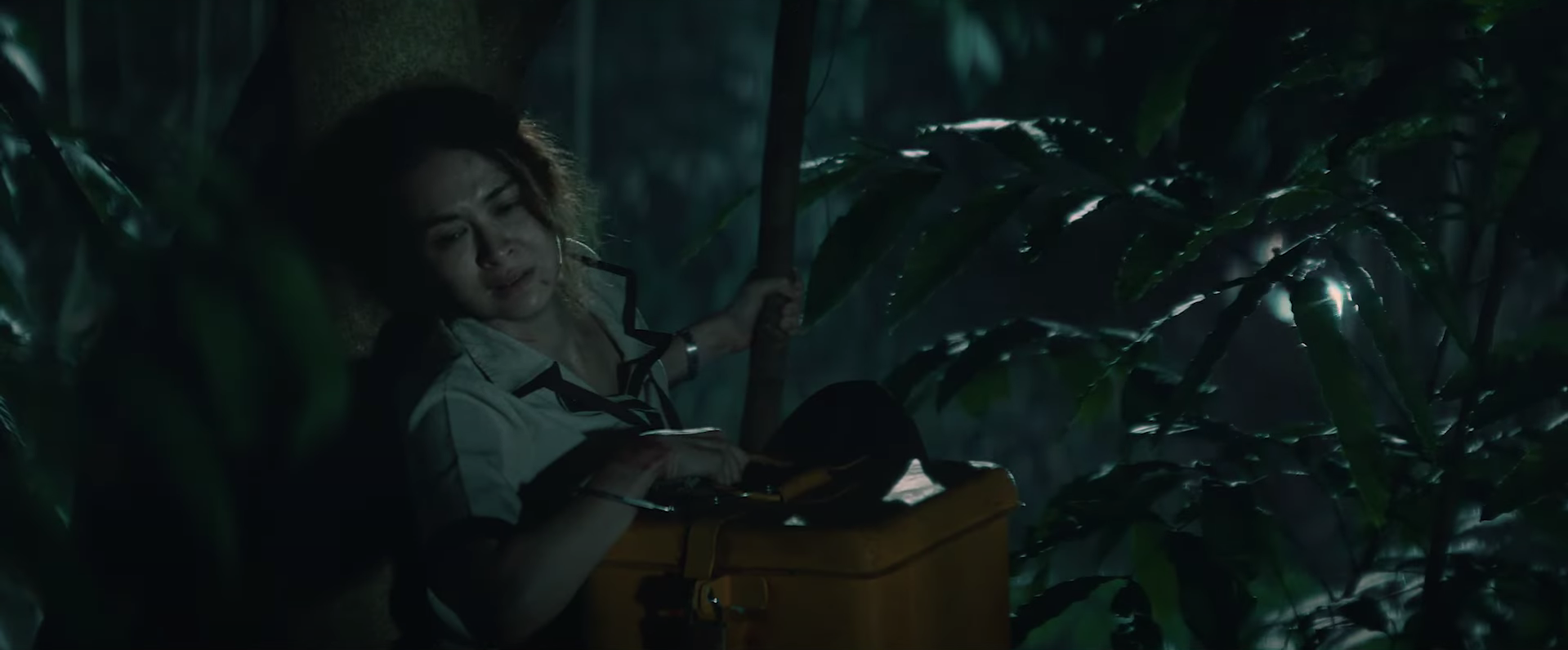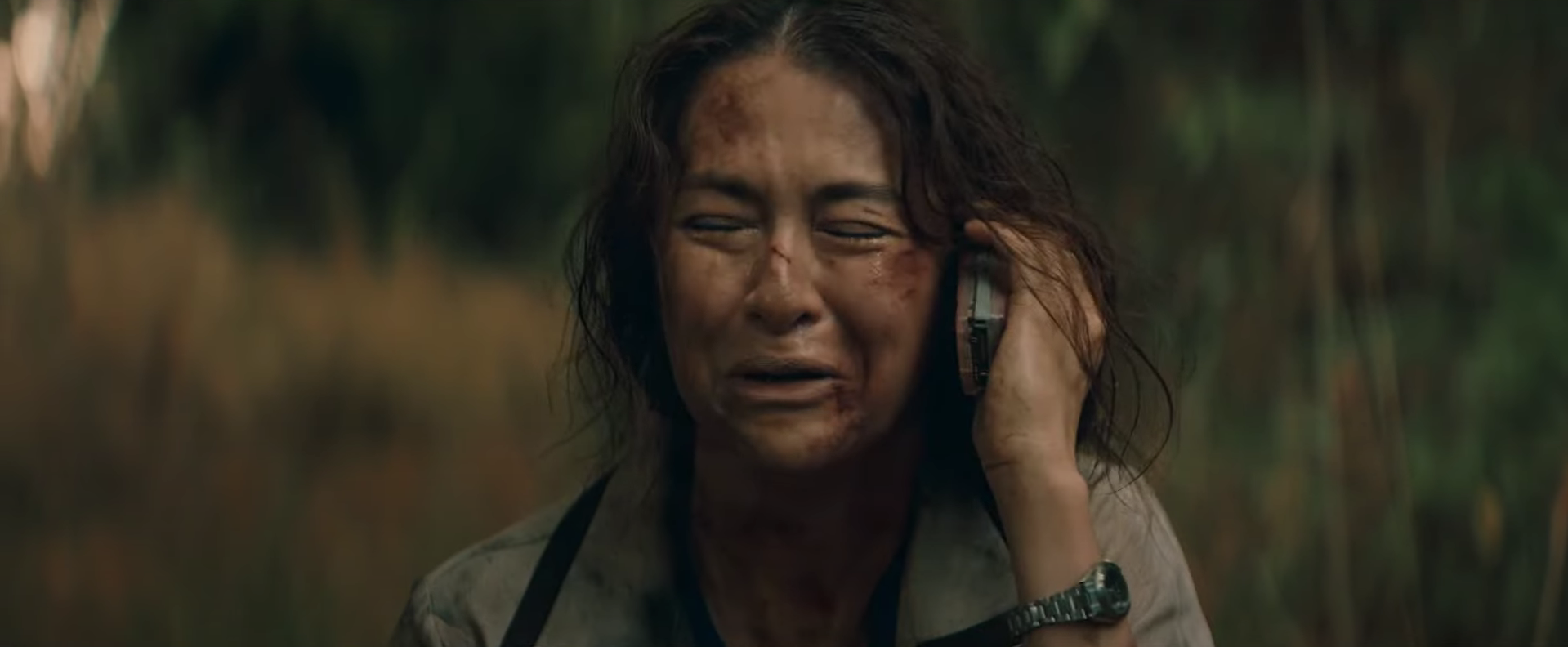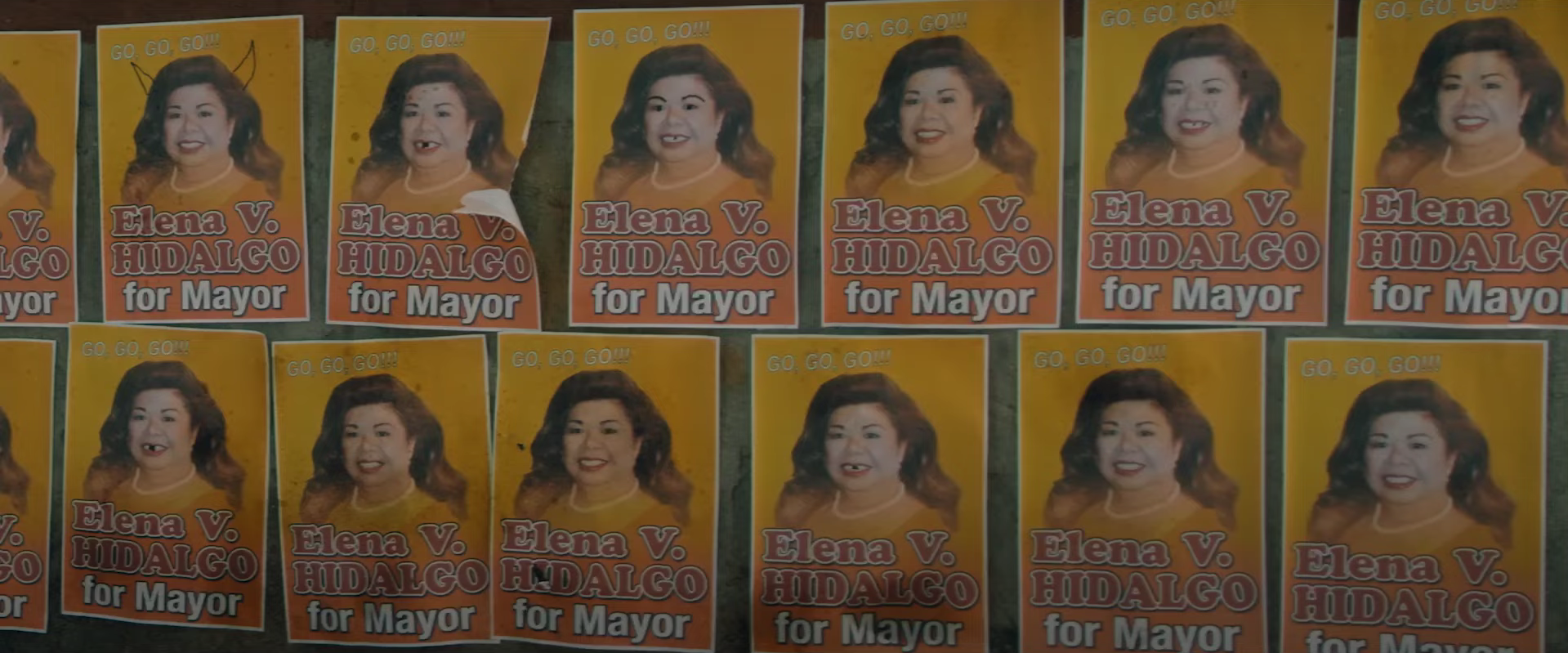FOR SOME educators, teaching values is not lip service. Sometimes, taking action is needed even if it may lead to peril.
Tasked with the delicate job of honing minds and safeguarding the sanctity of the ballot, teachers are indispensable for the nation’s progress. They serve as the guiding light of children in their values, roles and even in politics—particularly in politics.
Set during the 2007 midterm elections, Balota follows the story of a teacher on a grueling journey to protect her community’s votes from the precinct to the woodlands. Teacher Emmy’s (Marian Rivera) experience mirrors various incidents that take place in the country during elections, such as vote-buying, tampering and violence.
Directed and written by Kip Oebanda, Balota premiered at the 20th Cinemalaya Philippine Independent Film Festival that ran from Aug. 2 to 11 at select Ayala Malls Cinemas. This was also Oebanda’s second Cinemalaya entry, following the critically acclaimed Liway (2018), which he directed and co-wrote.
Many people find a glimmer of hope when opposition arises in the face of discontent with the current administration. But glimmers of hope can be blinding, particularly when newbie candidates challenge tried-and-tested corrupt politicians.
Nevertheless, a truly good-willed leader comes once in a blue moon. People often find themselves having to choose between the good and the bad one, assuming of course that the sincere candidate has enough sources to make himself or herself known or mount a decent campaign.
Vibrant election songs kick off the film, giving politicians’ supporters a tune to dance to and a promise of a better future to hold on to. Soon after, staff members from a political camp arrive at a slum area to deliver indelible ink and to offer bribes. The agents then go door-to-door, eventually reaching the house of Emmy, a popular teacher in the area. She curses the briber from inside her house, a knee-jerk reaction that makes her forget about the young children she had been tutoring.
Election day comes and teacher Emmy serves as one of the poll watchers at the community precinct. By the end of the voting period, she and a co-teacher volunteer to deliver the ballot box to the governor’s office. They get kidnapped by a fake election commissioner who fires at them when they refuse the bribe. She manages to escape, carrying the ballot box with her as she goes to hide in the forest.

Balota presents its characters as dynamic ones with a mix of positive and negative attributes. It features people who come together for similar causes but have different North Stars. For instance, the policemen demonstrate a culture of corruption but also attempt to resist it. Similarly, the activists exhibit different extents and demonstrations of their beliefs, presenting the difficulty of fully living out one’s principles while entangled in systemic poverty.
Likewise, it challenges the notion that rival characters must also have conflicting motivations. This was embodied by the competing candidates, who, despite running against each other, showed similar selfish intentions in running for office.
Technology was another issue the film delved into. While lost in the woods, teacher Emmy’s only access to the outside world was her cellular phone which allowed her to communicate life-saving information but also caused her to put people in danger. This is a reminder about the possible risks of technology, as such problems have been known to plague real-life situations.

Comedy played a big part in the movie as a contrast to its darker themes. The sarcasm provided another means of social commentary, while also balancing the suspense-filled scenes. However, some might argue that it meddled with the sincerity of the film.
The story provided a comprehensive outlook of the election scenery in the Philippines. However, some scenes did not contribute much to the advancement of the plot. There were also conflicts on the location, as the town mentioned was not in line with the barangay and province written in the identification cards and kilometer markers. Lastly, while the monologues tackled concepts that could help promote awareness, they would have been better if their word choices were more subtle or if they were trimmed down and acted out instead.
The film was well-hyped, partly due to its star-studded cast. This project is Marian Rivera’s first Cinemalaya film and she presented her character flawlessly. Her facial expressions when delivering heavy lines showed the grief, frustration and rage that words could never express alone. Her performance won her the Best Actress Award, alongside Gabby Padilla of Kono Basho.
Gardo Versoza and Mae Paner’s participation in the film was limited, yet they perfectly illustrated the characteristics of a quintessential Filipino “trapo:” lavish, indifferent and unrepentant.

Newcomers also starred in the movie. Will Ashley, who played teacher Emmy’s son, delivered his lines convincingly and was skilled in expressing himself through body language. Social media influencers Felix Petate, popularly known as Sassa Gurl, and Esnyr Ranollo proved they can do more than skits and have managed to show queers’ sense of humor while expressing the gravity of their characters’ dilemmas, struggles and activism.
Political jingles played a big part in the film’s overall impact on the audience. The songs, written by Oebanda himself, also gave emphasis to the usual characteristics of the ones actually used by politicians such as unrealistic promises, glittering generalities and witty double entendres.
There was an excellent use of lighting, which helped establish the mood of every scene, making the dominant emotions more apparent. Blur effects were used to build a sense of uncertainty, while the sharp stops of audio created an aura of suspense.
Balota succeeded in depicting many facets of Filipino politics while amusing the people with its clever plot, thrilling scenes and compelling cinematography. While it could have used more subtlety and restraint, the overview it presented was extensive and elucidating. It shows hope in the pursuit of steadfastness while showing the dangers that come with it.



